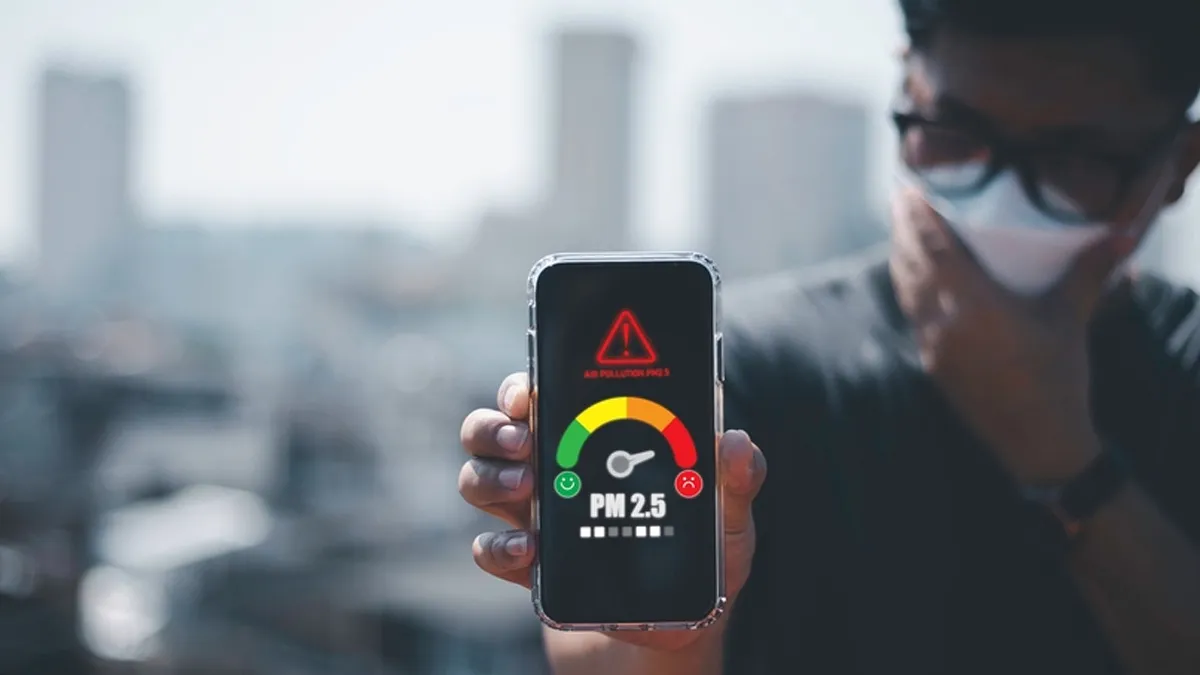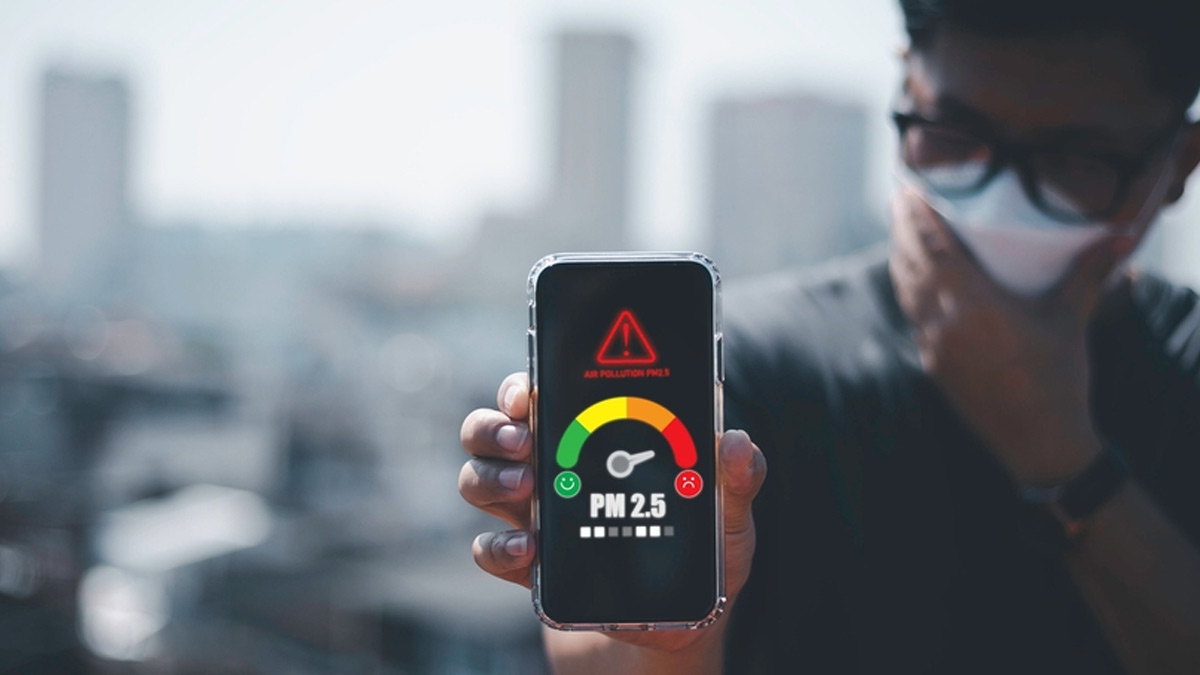
Pollution is an inescapable reality, particularly in urban centres where rapid industrialisation, vehicular emissions, and unchecked construction activities have led to a significant decline in air quality. While the harmful effects of pollution on our lungs and heart are well-documented, its impact on the brain remains an underexplored area of concern.
Table of Content:-
Air pollution has emerged as a silent attacker of mental and neurological health, with fine particulate matter (PM2.5) and ultrafine particles (UFPM) wreaking havoc on the central nervous system. To understand how air pollution affects the brain, OnlyMyHealth team interacted with Dr Yatin Sagvekar, Consultant Neurology, Kokilaben Dhirubhai Ambani Hospital, Navi Mumbai.
A Global Public Health Crisis
"Pollution is already a global public health problem, particularly severe in megacities," says Dr Sagvekar. Cities like New Delhi and Mumbai have recently seen air quality indices plummet to alarmingly low levels, raising concerns about the hidden impacts of pollution on mental and neurological health.
While research often focuses on pollution's respiratory and cardiovascular effects, the brain's vulnerability to environmental toxins is equally pressing. Fine particulate matter (PM2.5) and ultrafine particulate matter (UFPM), tiny particles capable of penetrating deep into the body, pose a significant threat to neurological health.
Also read: What Are The Long-Term Health Impacts Of Exposure To Ultrafine Pollutants In Atmosphere
Children and the Developing Brain

The impact of pollution is particularly severe on children. "When chemicals in the environment affect the development of a child's brain, they are at risk for mental retardation, cerebral palsy, autism, ADHD, and a range of learning disabilities and other deficits that will remain for a lifetime," warns Dr Sagvekar.
Emerging evidence suggests that exposure to ambient pollution can lead to systemic inflammation and oxidative stress in the brain. This can interfere with normal brain development, causing long-term cognitive and behavioural issues.
Adults and Mental Health

In adults, air pollution is associated with blood circulation problems and depression. The brain, being a highly vascular organ, is particularly susceptible to damage from compromised blood flow. Fine particles and toxic chemicals from pollution can impair this flow, contributing to cognitive decline and emotional instability.
Dr Sagvekar highlights, "Some environmental chemicals are known to cause brain damage, and many more are suspected of it, but few have been tested for such effects." The lack of comprehensive testing makes it difficult to fully understand the scope of pollution's impact, but existing studies already indicate significant risks.
Also read: Pollution Crisis: How High AQI Levels Impact Pregnancy And Foetal Health, Expert Explains
Elderly and Neurodegenerative Diseases

For the elderly, pollution exacerbates the risk of neurodegenerative diseases such as Alzheimer's and Parkinson's. Dr Sagvekar explains, "The main hallmarks of Alzheimer's and Parkinson’s diseases, hyperphosphorylated tau, amyloid plaques, and misfolded α-synuclein levels, also rise when exposed to pollution."
The findings underscore how exposure to polluted air accelerates the processes leading to these debilitating conditions, affecting not just memory and motor functions but also the quality of life.
What Can Be Done?

Addressing this challenge requires proactive measures. Dr Sagvekar advocates for healthcare providers to incorporate comprehensive environmental histories during prenatal and postnatal care to identify exposure risks early. Additionally, he emphasises the need for epidemiological, cognitive, behavioural, and mechanistic studies to better understand how pollution contributes to central nervous system damage, particularly in vulnerable populations like children and the elderly.
Mitigating exposure to pollution through preventive measures such as wearing masks, using air purifiers, and advocating for cleaner energy policies can help reduce these risks.
Conclusion
Pollution’s impact extends beyond visible health problems, infiltrating our very thoughts, emotions, and memories. As Dr Sagvekar aptly puts it, understanding the effects of air pollution on the brain and addressing them is crucial for safeguarding public health and ensuring a better quality of life for future generations. The time to act is now.
Also watch this video
How we keep this article up to date:
We work with experts and keep a close eye on the latest in health and wellness. Whenever there is a new research or helpful information, we update our articles with accurate and useful advice.
Current Version